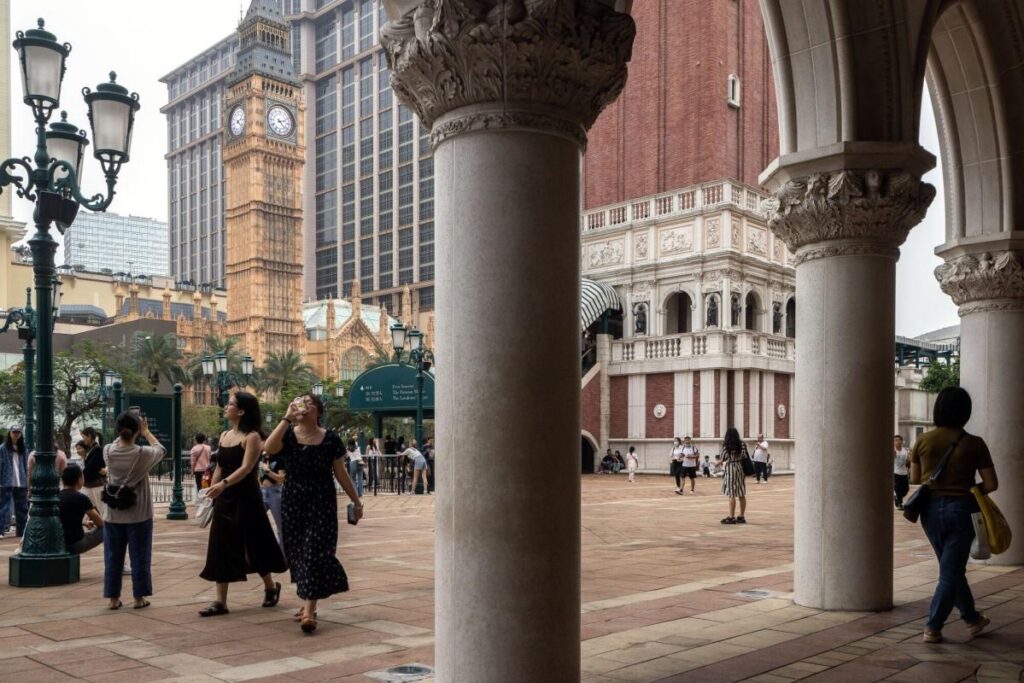Former Macau judge Sam Hou Fai has been elected as the new leader of the city, raising questions about the future of Macau’s gambling industry-dominated economy. Elected by a 400-member committee, Sam received 394 of the 398 votes cast. His election comes at a significant time as he has previously voiced concerns about the overwhelming influence of the gambling sector on Macau’s socioeconomic landscape. As the former president of Macau’s Court of Final Appeal, Sam brings a legal background to his new position, which many analysts see as essential for addressing the issues plaguing the city.
Sam’s victory highlights the challenges that Macau faces as it navigates its reliance on the gambling industry, which he argues has developed in a “disorderly manner.” He emphasizes that reliance on a single sector is detrimental to long-term growth and sustainability. His critical perspective is crucial, especially given the city’s historical overdependence on casinos, which has strained resources, limited job opportunities for youth, and created an imbalanced economic structure. Sam has advocated for diversifying the economy to mitigate some of these pressures, which many believe will lead to a more stable and prosperous future for Macau.
Serious restrictions on the gambling industry have already been instituted in response to various scandals, including money laundering and capital flight. In recent years, the Macau government has targeted junket operators—notorious for bringing in high-stake gamblers and providing them with credit—resulting in a significant decline in VIP players who once contributed heavily to the local casino revenue. This shift reflects both governmental pressure and broader changes within the gambling market, as authorities focus on cleaning up the financial activities centered around casinos. Sam’s leadership will likely continue this trend of regulatory scrutiny and reform.
The local economy’s challenges are exacerbated by the impact of ongoing crackdowns from Beijing on money laundering, which have put additional pressure on Macau’s gambling sector. This intensification of regulation has also led to the collapse of a once-thriving VIP gambling market, which had accounted for about half of Macau’s overall gaming revenue. As a new leader, Sam will have to contend with these dynamics while finding ways to pivot the economy towards more sustainable revenue sources beyond gambling.
Another interesting aspect of Sam’s election is his background; he is the first leader born outside of Macau, hailing from Guangdong province. His educational experiences at esteemed institutions such as Peking University and the University of Coimbra in Portugal provide him with a unique perspective that could be beneficial as he spearheads initiatives for economic diversification and sustainable development. Sam’s history and his legal expertise will likely play a critical role in shaping policy moving forward, especially as he addresses the concerns of both residents and external authorities about the gaming industry’s influence.
In summary, Sam Hou Fai’s election as Macau’s chief executive signals a potential turning point for the city as it struggles with the implications of its gambling-centric economic model. With pressures from both local and central authorities, Sam is poised to tackle key issues such as regulatory reform and the need for economic diversification. His commitment to reshaping the local economic landscape in favor of long-term sustainability will be closely watched by all stakeholders in Macau, as they navigate a future undeniably shaped by the city’s historical ties to the gaming industry.

